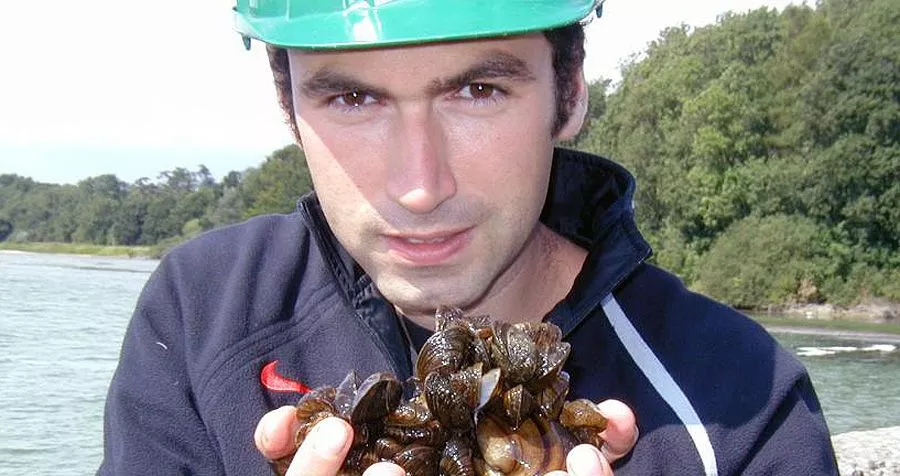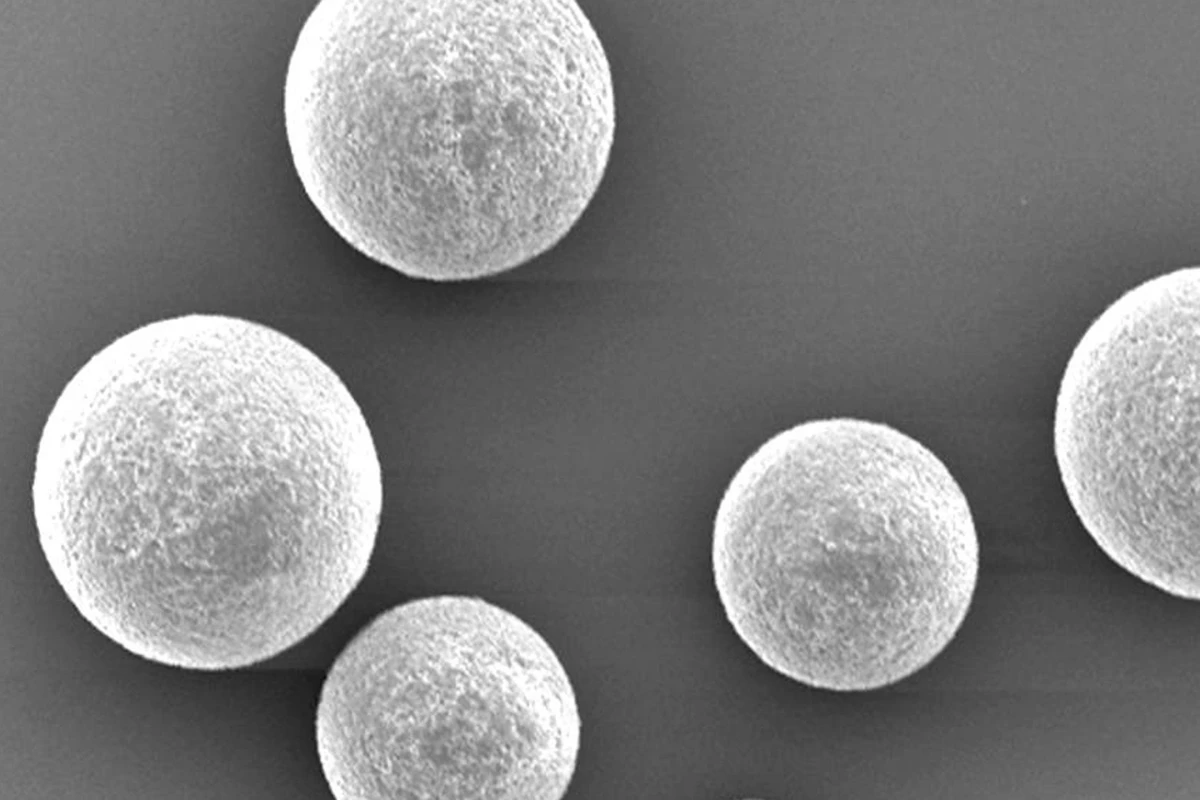Invasive freshwater zebra mussels are a problem in many regions, clogging structures such as water intake and water treatment pipes as they rapidly reproduce. A new technology could help, by getting them to eat "eco-friendly" poison disguised as food.
Mussels feed by drawing in waterborne particles, assessing them to determine if they have nutritional value, then digesting the particles that are deemed edible. The rejected particles are bound with mucus, then expelled.
Led by professors David Aldridge and Geoff Moggridge, a team from the University of Cambridge set out to develop zebra-mussel-killing particles that would not be rejected by the mollusks. In order to do so, they looked to particles that were previously developed by Aldridge as a means of administering nutrients to farmed mussels.
Known as BioBullets, the tiny spheres are coated in fat, and have a size, shape and surface texture similar to that of the algae, plankton, bacteria and other particles upon which mussels typically feed. And while the original aquaculture-oriented BioBullets contained vitamins, these newer ones encapsulate a combination of salts that are lethal to zebra mussels, but not to native species.

When batches of the particles are periodically flushed through infested water pipes, many of them are taken up by zebra mussels, killing the mollusks. The remaining uneaten BioBullets dissolve in the water within a matter of hours, releasing their salts in concentrations which are reportedly harmless to the environment.
The technology is currently being trialed by seven UK water companies, with good results. According to one of those companies, use of the BioBullets is 69 percent cheaper than a traditional much less environmentally friendly method of zebra mussel control, which involves flushing water pipes with chlorine for extended periods.
The scientists are now working on making the particles smaller and more toxic, which should reduce the amounts required.
"With climate change facilitating the continued spread of invasive species, mussel biofouling is probably going to get worse where we already have it, and start to appear in new locations too," said Aldridge. "So it’s even more crucial to have these different tools in the chests to deal with the problem."
Sources: University of Cambridge, BioBullets




